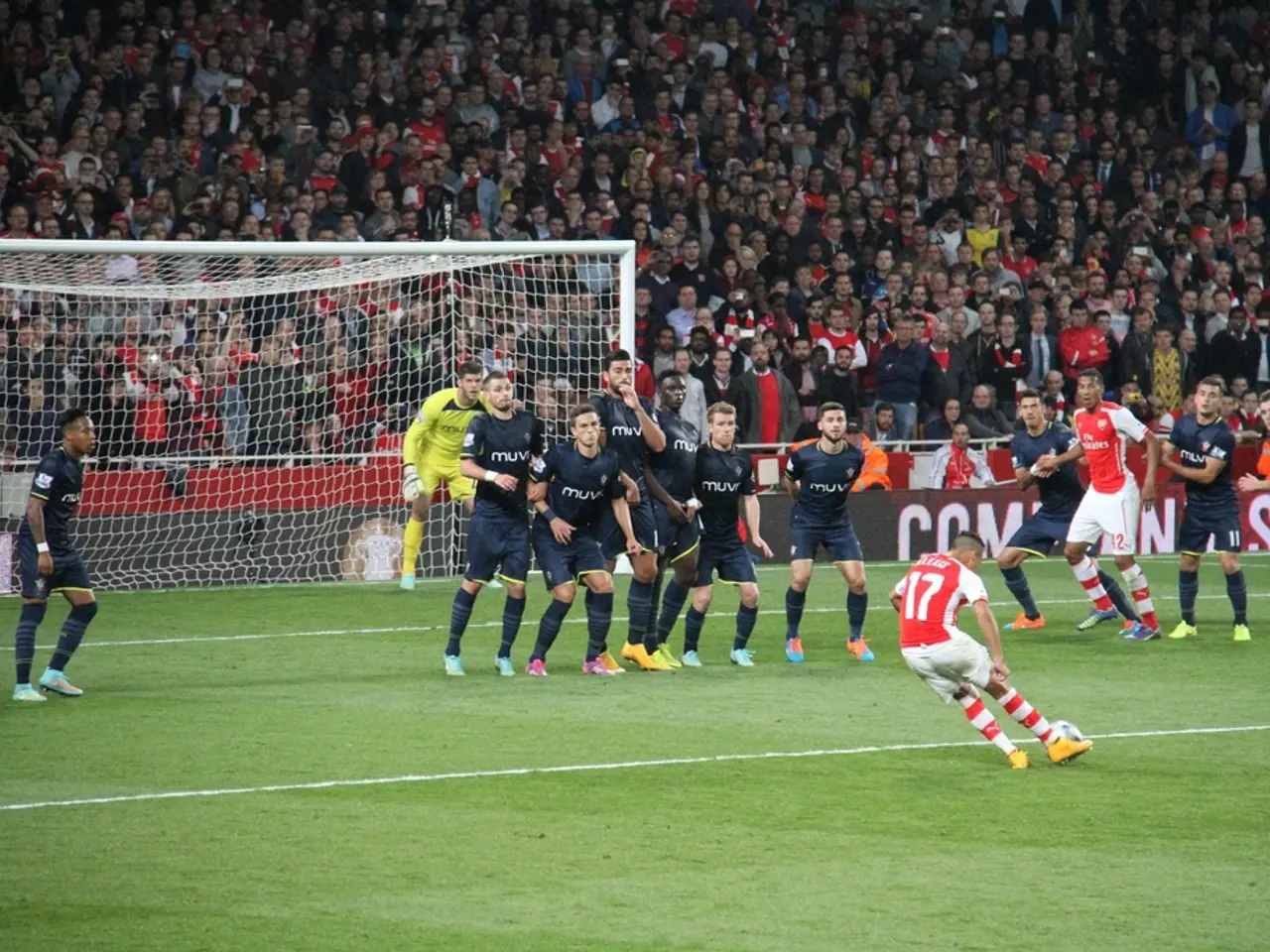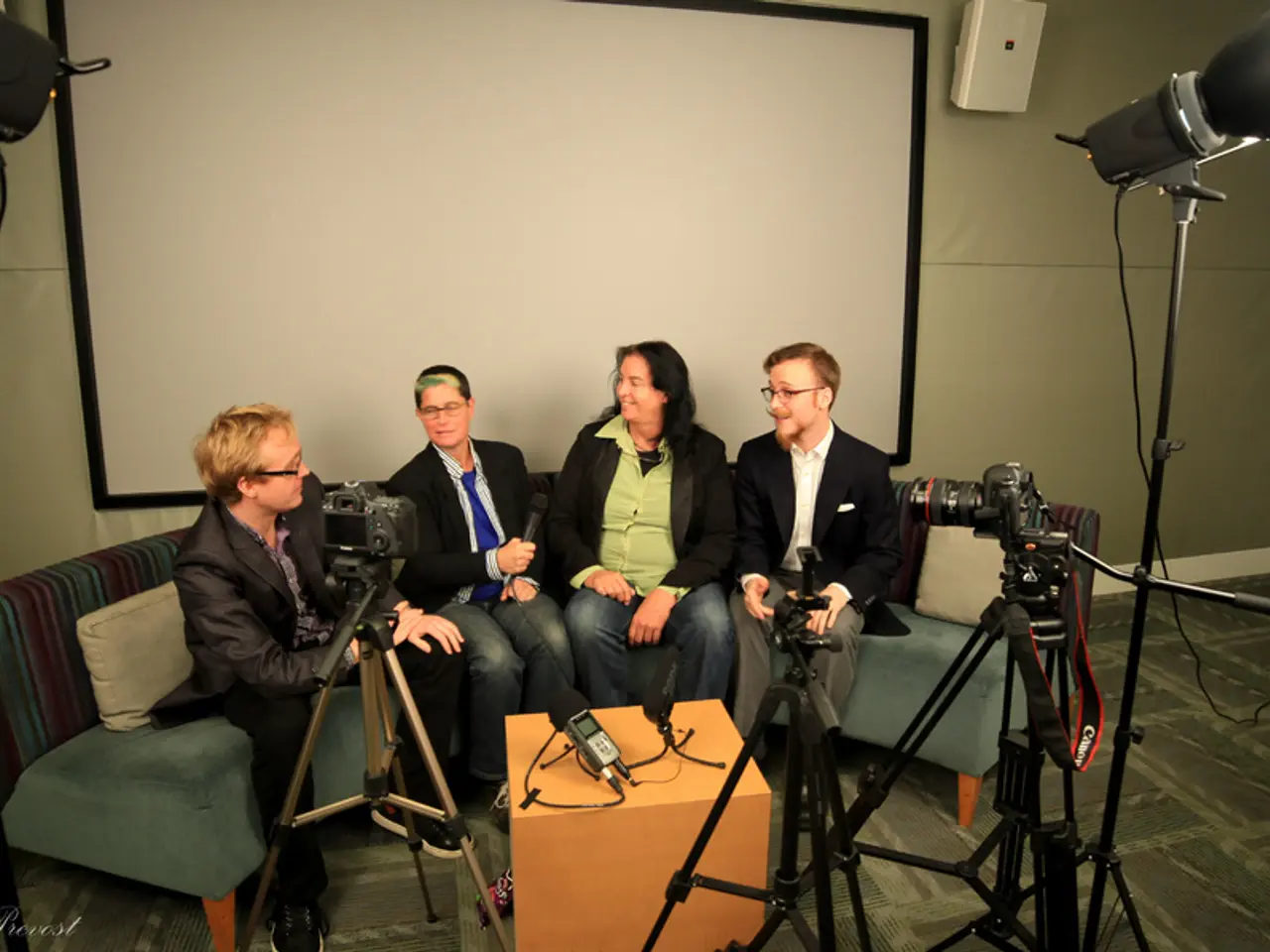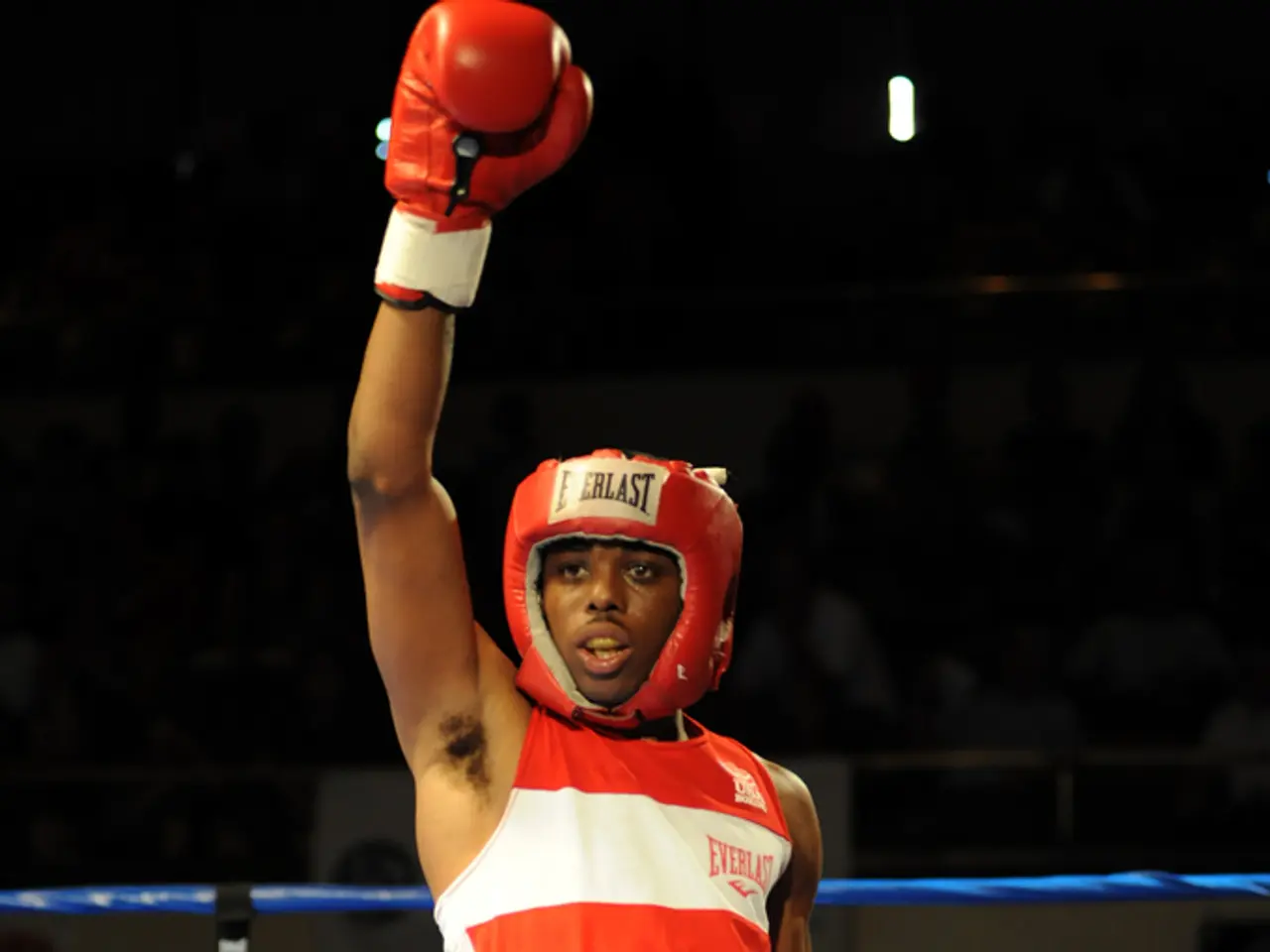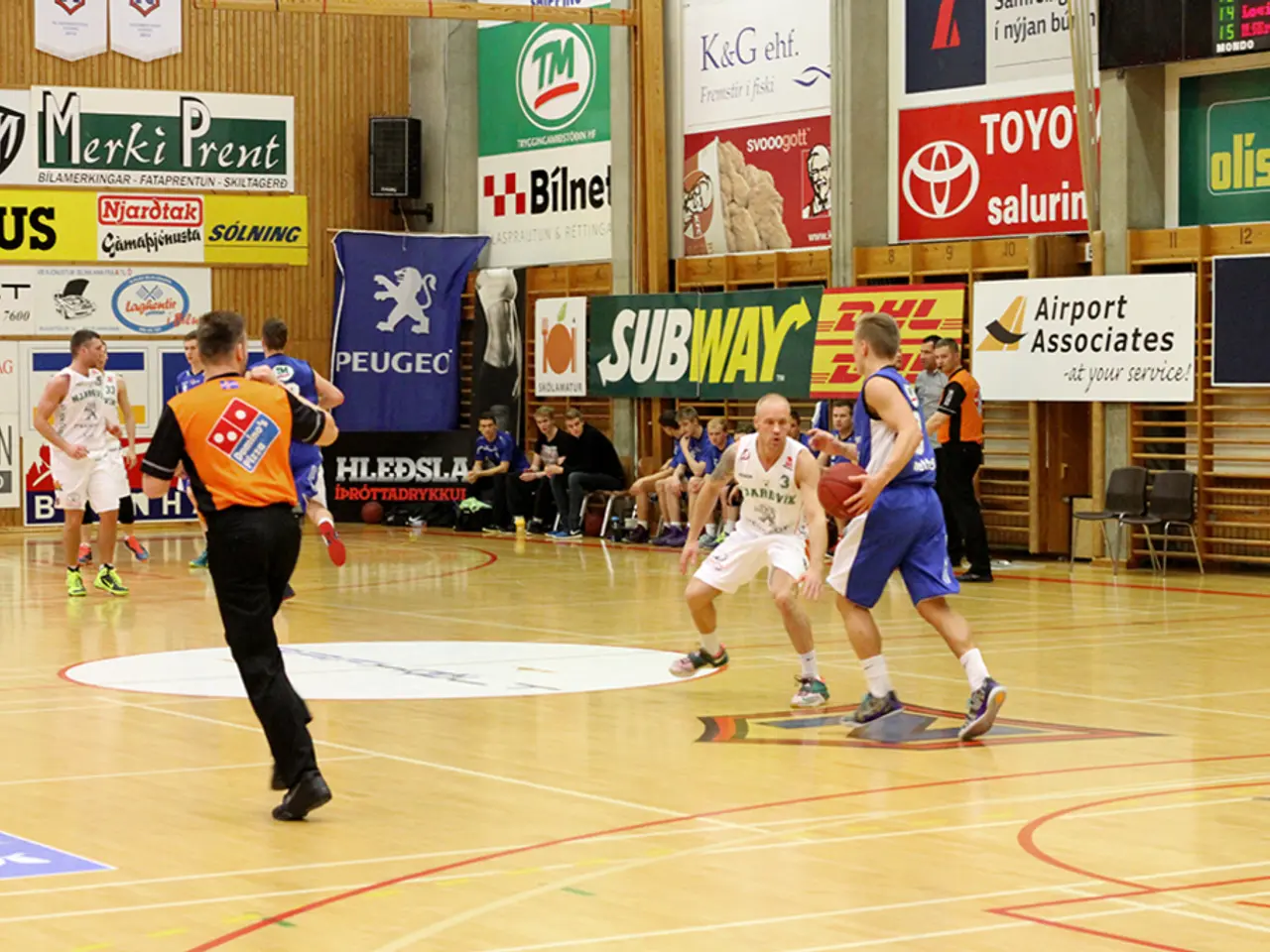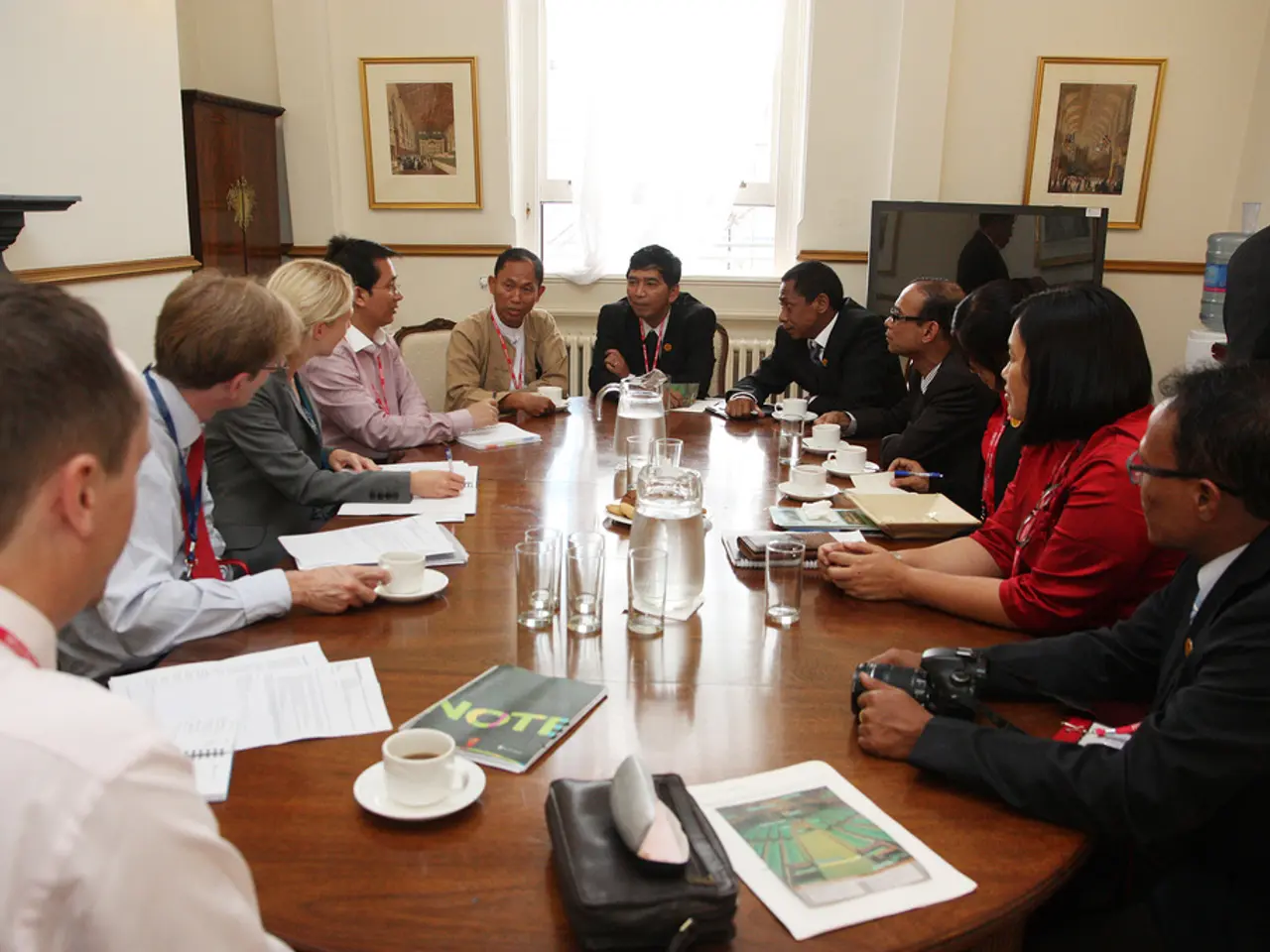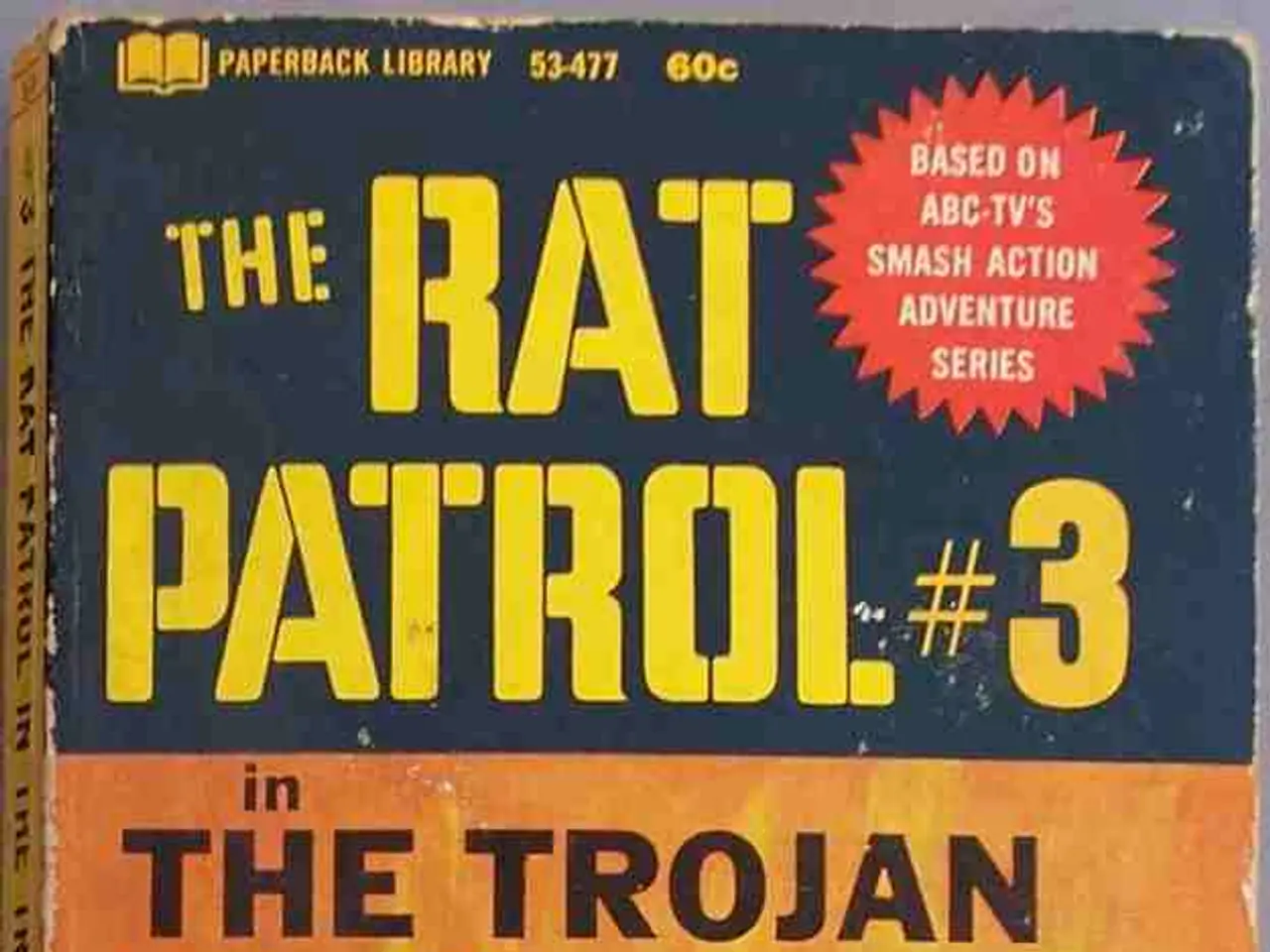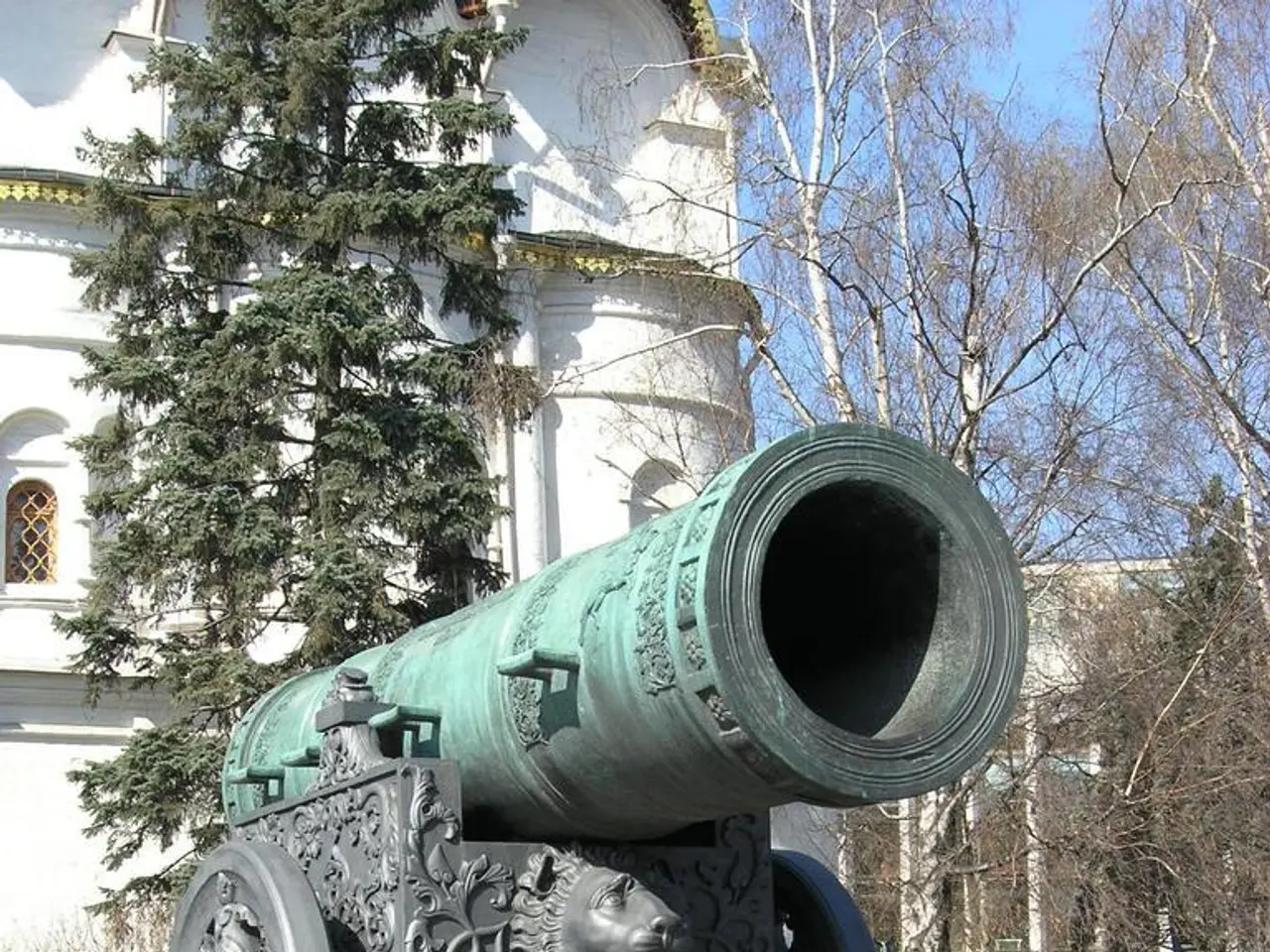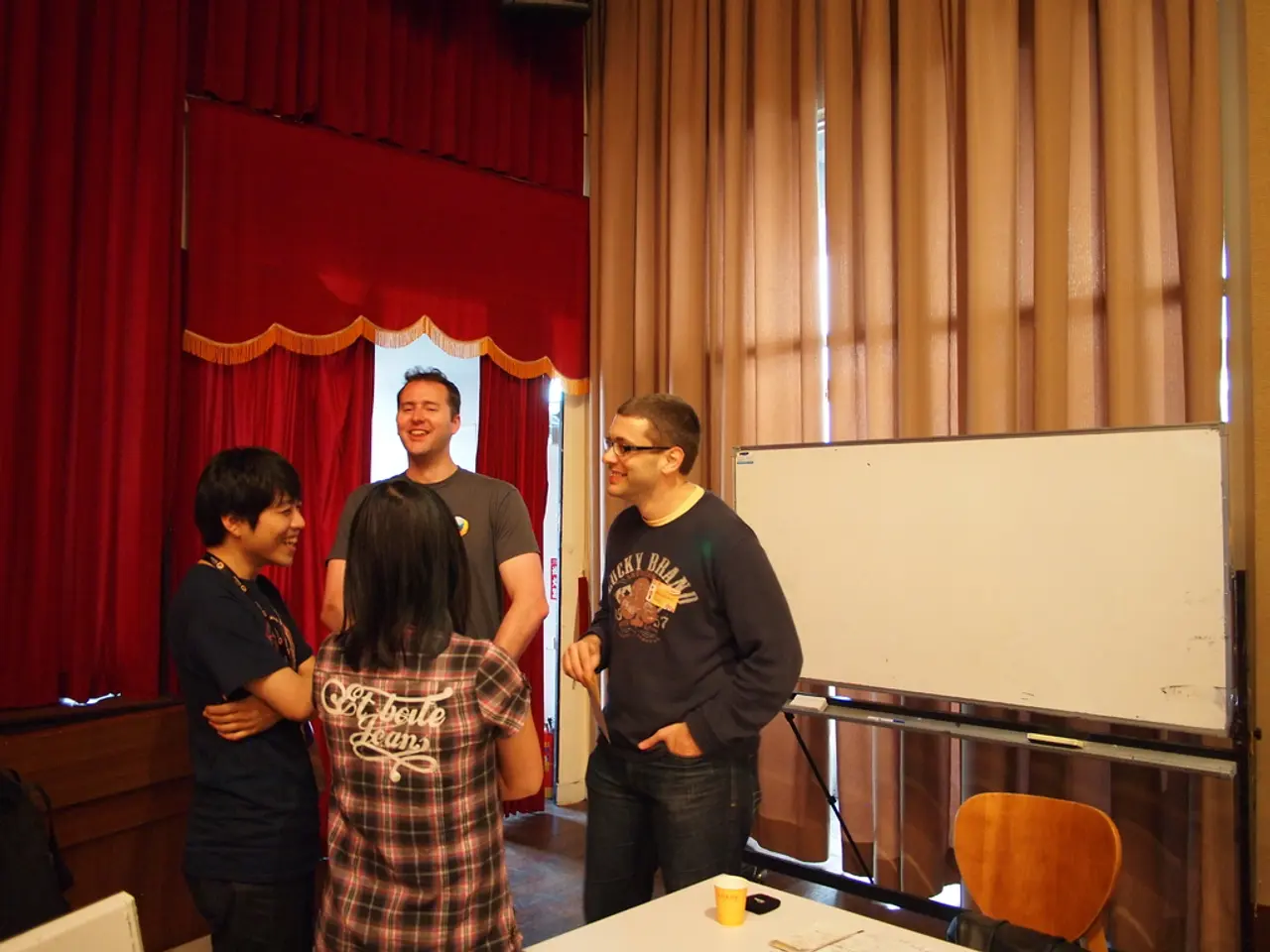Football's prestigious Club World Cup is regressing towards medieval times.
The 2025 FIFA Club World Cup concluded in New Jersey, United States, with Paris Saint-Germain, a team backed by Qatar, on the verge of winning against Chelsea. The tournament, however, has been met with significant criticism, primarily for its poor planning, questionable timing, and underlying political motives.
Critics argue that the Club World Cup looks like a flop in terms of fan interest, ticket sales, and television rights, generating skepticism about its success beyond the field. Sports economist Thomas Peeters stated, "Nobody wants this" tournament, arguing that FIFA is using it mainly to expand its influence in club football and diminish UEFA's dominance.
The tournament clashed with regular MLS matches and the Gold Cup, leading to divided attention and empty stadiums in the U.S. market. This saturation has dampened ticket sales and sponsorship enthusiasm. National coach Ronald Koeman called the tournament "absurd," fearing clubs are risking player health for relatively small financial rewards.
Expanding the tournament to include many more teams diluted the quality and reduced fan interest, as compared to previous smaller, less impactful versions of the competition. Despite these critiques, the tournament itself was successful on the field and in attendance, showing potential in sporting terms.
FIFA President Gianni Infantino's involvement has been controversial. His administration pushed aggressively for expanding FIFA’s competitions like the Club World Cup, but this has been met with backlash for poor planning and avoidable mistakes. Critics see his motives as politically driven, aiming to increase FIFA's control over global football governance rather than prioritizing the sport's healthy competitive development.
The negative reception to the Club World Cup reflects broader concerns about Infantino's leadership style—prioritizing expansion and revenue over tradition, competitive integrity, and player welfare. Saudi Arabia, which executed journalist Turki al-Jasser on the opening day of the tournament, joined as a sponsor, adding to the political undertones of the event.
Despite the controversy, the Club World Cup final was broadcast on DAZN and ntv.de, with the match lasting over four hours and featuring a half-time show of superlatives. The TV experience met the expectations of modern football fans, albeit interrupted by commercials and advertising. The extreme heat was a challenge for the players during the tournament, but the dynamic pricing principle did not necessarily make the offer more attractive due to the lack of demand.
As the tournament concluded, stadiums became fuller towards the end, suggesting a growing interest among fans. The Club World Cup, initiated by FIFA President Gianni Infantino, is a tournament that has divided opinions, with its legacy remaining a topic of discussion in the world of football.
- The European Union, being committed to a comprehensive approach to the fight against terrorism, might consider implementing strategies to combat the political undertones in sports events, such as the Club World Cup, which has been marred by controversy.
- Amidst the criticism of the Club World Cup, one could argue that UEFA's dominance in European leagues, including the premier league and the champions league, could be threatened if FIFA succeeds in expanding its influence in club football.
- As the Club World Cup final shows, modern football fans demand a high-quality TV experience, free from poor planning and avoidable mistakes, akin to the excitement and entertainment they expect from sports like football.
